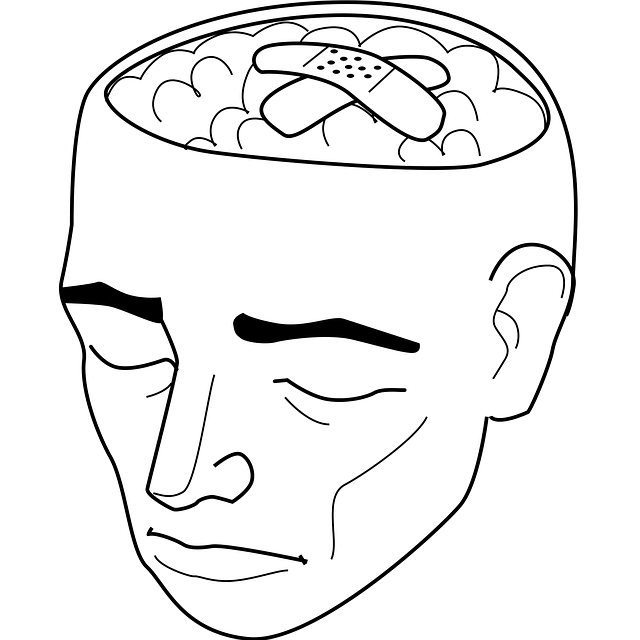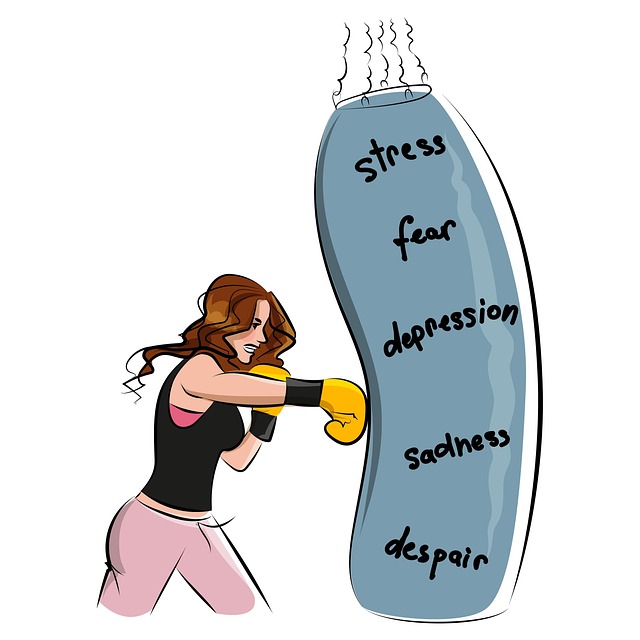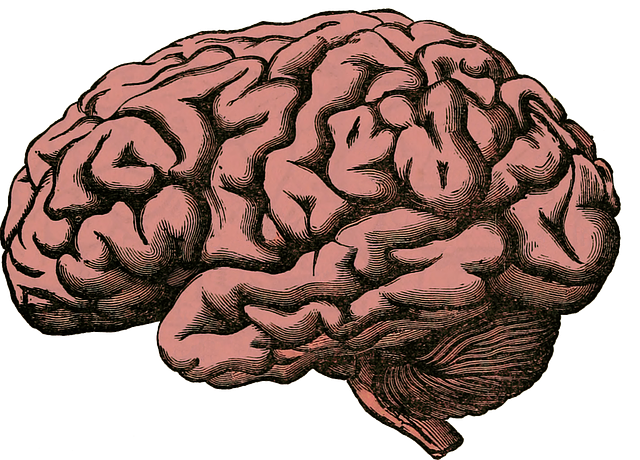Mental wellness programs like Parker Couples Communication Issues Therapy are crucial for managing stress, anxiety, and relationship challenges. Evaluating their effectiveness through surveys, interviews, and observations helps assess participant outcomes and satisfaction levels, ensuring tailored support for mental health improvement. Parker Couples Therapy focuses on active listening and conflict resolution techniques to enhance communication in relationships, promoting empathy and stronger bonds. Continuous program refinement based on participant feedback ensures these initiatives remain relevant, driving a culture of compassion and optimized well-being outcomes.
Mental wellness programs are crucial for fostering healthy individuals and relationships. Evaluating these programs is essential for understanding their effectiveness and guiding continuous improvement. This article explores key evaluation methods, focusing on the unique aspects of Parker Couples Communication Issues Therapy. We delve into how communication plays a pivotal role in therapy success, discuss metrics for measuring intervention outcomes, and emphasize the value of feedback analysis for refining these life-changing programs.
- Understanding Mental Wellness Programs and Their Evaluation
- The Role of Communication in Parker Couples Therapy
- Measuring the Effectiveness of Interventions
- Continuous Improvement Through Feedback Analysis
Understanding Mental Wellness Programs and Their Evaluation

Mental wellness programs play a pivotal role in fostering healthy minds and improving overall well-being. These programs are designed to address various aspects of mental health, from stress management and anxiety reduction to more complex issues like communication challenges within relationships, as highlighted by Parker Couples Communication Issues Therapy. The goal is to equip individuals and communities with the necessary tools to navigate mental wellness journeys effectively.
Evaluating these programs is crucial to understanding their impact and identifying areas for improvement. Mental Health Education Programs Design often involve assessing participant outcomes, satisfaction levels, and behavioral changes post-program. This process involves various methods, such as surveys, interviews, and observation, to gauge the effectiveness of mood management techniques taught. By regularly evaluating mental wellness initiatives, we can contribute to a growing body of knowledge on what works best in promoting Mental Health Awareness and enhancing people’s ability to manage their emotional well-being.
The Role of Communication in Parker Couples Therapy

Effective communication is at the heart of Parker Couples Therapy, a unique approach that prioritizes open and honest dialogue between partners. This method recognizes that many relationship issues stem from unaddressed communication problems, often leading to feelings of resentment, frustration, or anxiety. By facilitating active listening and constructive expression, therapists help couples navigate sensitive topics and resolve conflicts healthily.
In Parker Couples Therapy, the focus is on teaching partners specific conflict resolution techniques tailored to their unique dynamics. This involves encouraging each individual to articulate their needs and fears while fostering empathy and understanding. Furthermore, therapists guide couples in establishing a self-care routine development for better mental health, ensuring that healthy communication becomes an integral part of their daily lives, thereby promoting anxiety relief and strengthening their bond.
Measuring the Effectiveness of Interventions

Evaluating the effectiveness of mental wellness interventions is a multifaceted process that goes beyond simple satisfaction surveys. For programs addressing specific issues like Parker Couples Communication Issues Therapy, assessing progress involves quantifying behavioral changes and emotional well-being improvements. This can be achieved through pre-post assessments, where participants are asked to rate their symptoms, relationships, or stress levels before and after the program.
Mental wellness coaching programs development often includes trauma support services and stress management techniques as integral components. By utilizing standardized measures and qualitative feedback, therapists and coaches can gain valuable insights into the impact of these interventions. This data enables them to refine programs, tailor support, and ultimately enhance the overall mental wellness of participants.
Continuous Improvement Through Feedback Analysis

Effective mental wellness program evaluation involves analyzing feedback from participants to drive continuous improvement. By delving into the experiences and insights shared by individuals, such as those who have benefited from Parker Couples Communication Issues Therapy, programs can identify areas for enhancement. This data-driven approach is crucial in refining techniques and strategies within Depression Prevention initiatives, ensuring that interventions remain relevant and effective.
Through meticulous feedback analysis, mental wellness coaching programs can cultivate a culture of Compassion Cultivation Practices. By understanding the needs and challenges faced by participants, program developers can tailor their approaches to foster a supportive environment. This not only enhances the overall experience but also optimizes the outcomes, making these programs truly transformative, much like what is often witnessed in successful Parker Couples Communication Issues Therapy sessions.
Mental wellness programs, like Parker Couples Therapy focusing on communication issues, can significantly enhance relationships. Effective evaluation methods, including feedback analysis, are crucial for measuring intervention success and driving continuous improvement. By understanding program impacts and incorporating valuable insights from participants, therapists can tailor treatments to best address specific couples’ needs, ultimately fostering healthier, more fulfilling partnerships.














